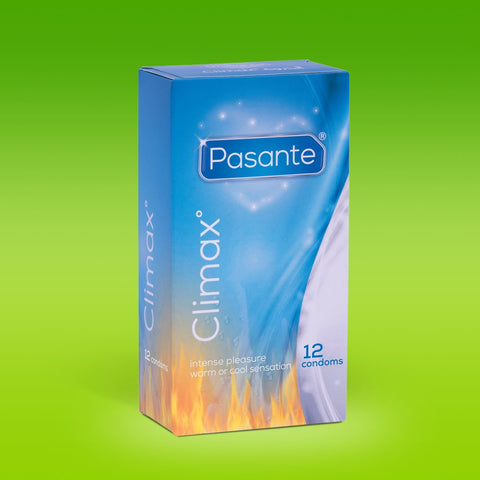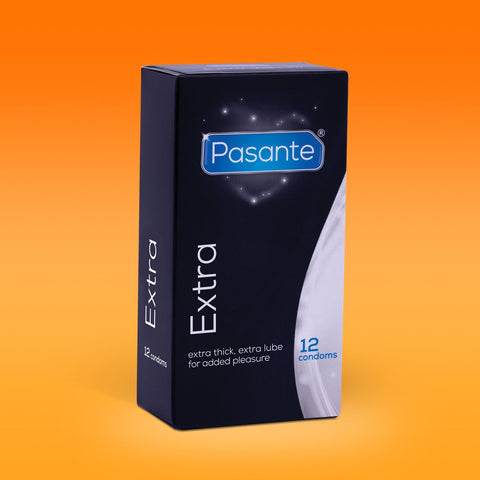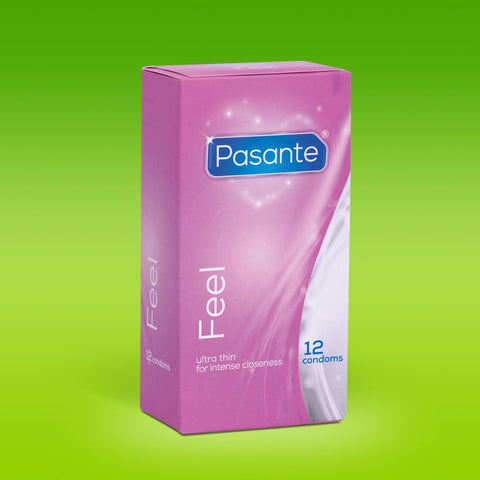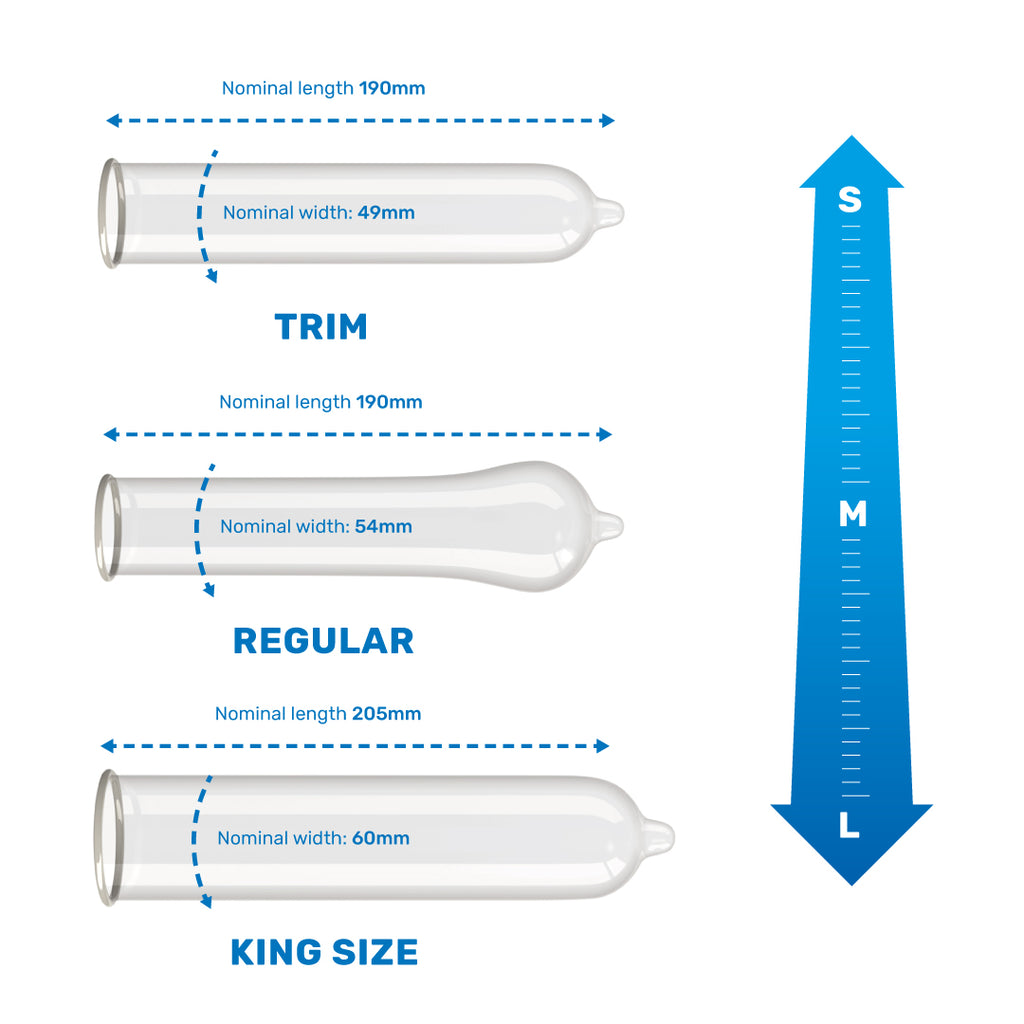
Sexual Health Week: Get your RSE in gear
Calling all teachers - is your school RSE ready? We recently celebrated Sexual Health Week (14th - 20th September 2020) with a fascinating theme; ‘Get your RSE in gear’. We know it can be hard to talk to kids about contraception and sexual health, so we’ve made it simple for you. Here, we’ve answered some of the most FAQ, including understanding the different types of contraception available and how to protect yourself from sexually transmitted infections.
What type of contraception is available?

There are many different contraceptives available; barrier contraceptives, long acting reversible contraceptives (LARC), hormonal and emergency contraception. Some contraceptives you need to take every day, some last 5-10 years. It can often be confusing to know your barriers from your LARCS, so we’ve made it simple for you.
Barrier methods
Barrier methods are a type of contraception that you use every time you have sex. Their job is to stop sperm coming into contact with the vagina as well as preventing sexually transmitted infections. Barrier methods include contraceptives like condoms, internal condoms, diaphragm and the cap.
Long-acting Reversible Contraception (LARC)
Long-acting reversible contraception are contraceptives that last between 12 weeks and 10 years. All of these methods are given at your local sexual health clinic or GP surgery.
Depo - The depo is an injection given in your arm every 12-13 weeks to prevent pregnancy by releasing the hormone progesterone into the bloodstream.
Implant - The implant is a small flexible rod that is placed under the skin of your arm, releasing the hormone progesterone while helping to stop ovulation. The implant works for 3 years but can be taken out sooner.
Intrauterine device (IUD) - An IUD is a small plastic and copper device that is placed inside of the uterus. The copper stops any sperm from reaching the egg, preventing pregnancy. This device works between 5- 10 years (depending on the type).

Intrauterine system (IUS) - Similar to an IUD, in that it is placed inside of the uterus, an IUS is a t-shaped plastic device that releases the hormone progesterone into the uterus. You may have heard this called a Mirena or Jaydess. This procedure is given at a local sexual health clinic or at your GP surgery and lasts for 3-5 years (depending on the type given).
Hormonal contraception
There are four main types of hormonal contraceptives. These include the combined pill, the mini pill, the patch and the vaginal ring. LARCS can also be hormonal methods of contraception but for now we are just going to stick to the first four.
The Pill (combined)
This is a course of tablets that are taken daily. Usually, one tablet is taken every day for 21 days followed by a 7-day break - this is when your period usually starts. The combined pill contains two hormones, oestrogen and progestogen. These hormones work together to stop eggs from being released from your ovaries. They also thicken the mucus of your womb to make it harder for sperm to break through.

The Mini Pill (Progestogen only)
The mini pill is a daily tablet that contains the hormone progestogen. Just like the combined pill, the mini pill thickens the mucus of the womb, making it harder for sperm to reach an egg. You take the mini pill every day and there isn’t usually a 7-day break.
The Patch
Containing both hormones; oestrogen and progestogen, the patch is a small, thin sticky patch that is applied onto the skin, releasing both hormones into your bloodstream. The patch acts in the same way as the combined pill to prevent pregnancy.
The Vaginal Ring
The vaginal ring is a small, flexible ring that is placed up inside the vagina. It continually releases oestrogen and progestogen slowly into the body to prevent pregnancy. The ring sits inside the vagina for 21 days before being removed for a 7 day break.

Emergency contraception
Sometimes mistakes happen. The condom splits, you miss a pill or you get sweeped up in the moment - if this is the case you will need emergency contraception. This is a tablet that can be taken straight after having sex to help prevent pregnancy. You can buy it over the counter at pharmacies or get it free from your GP surgery or local sexual health clinic.

How do I protect myself from pregnancy as well as sexually transmitted infections?
Condoms! Condoms are designed to provide protection from pregnancy as well as sexually transmitted infections. They work by preventing sperm from coming into contact with the vagina as well as stopping any sexual fluid from being transferred.
If you use another method of contraception to prevent pregnancy, we always advise you use condoms alongside that. Condoms come in all different shapes and sizes; trim, regular, king and super-king. There are also condoms that glow in the dark, condoms that delay ejaculation, condoms for intense orgasms and condoms for an ultra-sensitive feeling.
Read our blog to find out what type of condom is the best one for you...
How do I catch a Sexually Transmitted Infection?
A sexually transmitted infection (STI) is caused by an infection that is passed on from person-to-person through unprotected sex. STI’s can be passed on through vaginal, oral, anal sex, skin-to-skin contact as well as sharing sex toys. Symptoms of a sexually transmitted infection can range from unusual discharge, rash, soreness, pain when having sex or any obvious lumps and bumps.
Most sexually transmitted infections can be treated, however without treatment they can lead to long-term health problems. The best way to protect yourself from catching an STI is to wear a condom or dam every time you have oral sex or sexual intercourse.
Check out our blog on ‘What are Sexually Transmitted Infections?’ for more information...
For further information on ‘Get your RSE in gear’ - check out Brook.org.uk





